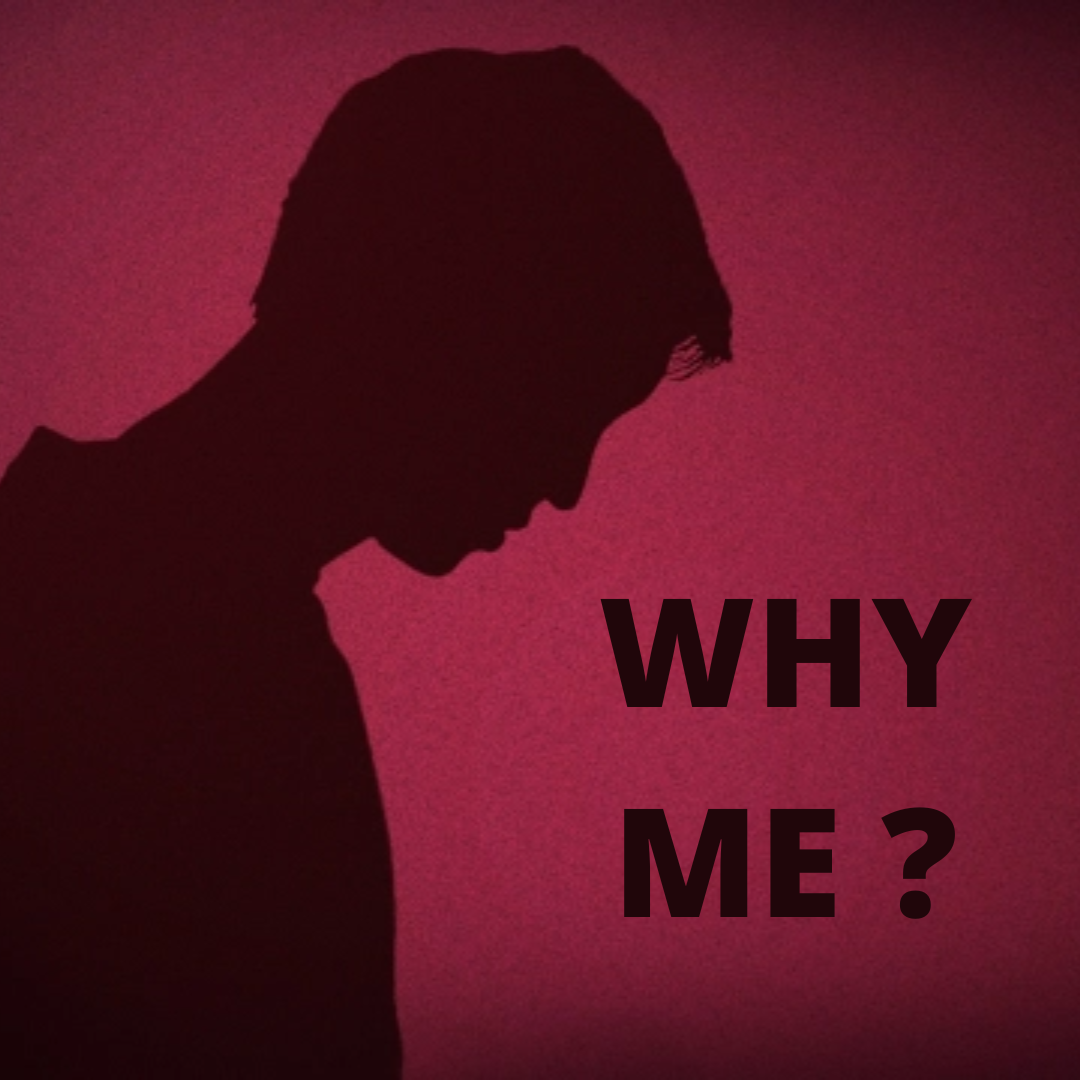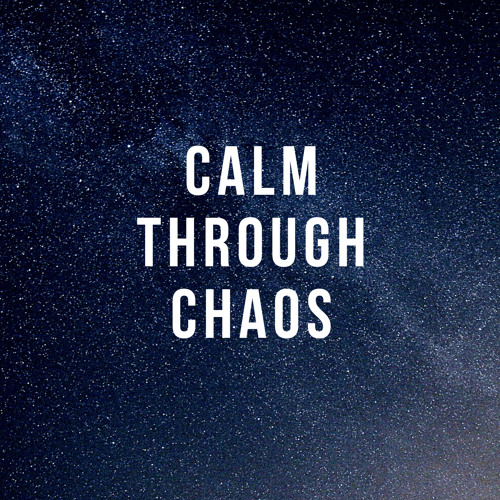Thanksgiving is one of America's most celebrated holidays, yet it has become a polarizing topic for many people. While millions gather around the table to express gratitude, others express strong feelings of dislike or even hatred toward this holiday. Understanding why people hate Thanksgiving involves delving into historical, cultural, and personal perspectives that shape modern opinions about this occasion.
Thanksgiving, traditionally seen as a day of gratitude and unity, carries deep-rooted meanings for different communities. For some, it represents a time to reconnect with family, enjoy delicious food, and celebrate blessings. However, for others, it serves as a painful reminder of colonization, inequality, and cultural erasure. These contrasting views create a complex narrative that deserves exploration.
This article aims to shed light on the reasons behind the negative sentiments toward Thanksgiving. By examining its historical context, cultural implications, and contemporary issues, we can gain a deeper understanding of why people hold such strong opinions about this holiday. Let’s dive into the details and uncover the truth behind the Thanksgiving debate.
Read also:Josh Hutcherson Girlfriend
Table of Contents
- The History of Thanksgiving
- Controversies Surrounding Thanksgiving
- Cultural Implications of Thanksgiving
- The Role of Commercialization
- Environmental Concerns Related to Thanksgiving
- Personal Reasons People Dislike Thanksgiving
- Alternatives to Traditional Thanksgiving Celebrations
- Statistics on Thanksgiving Sentiment
- Expert Opinions on Thanksgiving
- Conclusion: Can We Reimagine Thanksgiving?
The History of Thanksgiving
Thanksgiving's origins trace back to the 1621 harvest feast shared between the Pilgrims and the Wampanoag people. This event is often romanticized as a symbol of cooperation and gratitude. However, the true history is far more complex. The relationship between European settlers and Indigenous peoples was fraught with conflict, displacement, and violence. Over time, Thanksgiving evolved into a national holiday, officially declared by President Abraham Lincoln in 1863.
Many historians argue that the traditional narrative of Thanksgiving oversimplifies the realities of colonization. By focusing solely on the "first Thanksgiving," the holiday ignores centuries of oppression and injustice faced by Native Americans. This historical distortion contributes to the growing dissatisfaction with the holiday among certain groups.
Myth vs. Reality
The myths surrounding Thanksgiving perpetuate a sanitized version of history. Here are some key points:
- The "harvest feast" was not an annual tradition for the Pilgrims and Wampanoag.
- Indigenous peoples played a crucial role in helping the settlers survive, yet their contributions are often minimized.
- Thanksgiving celebrations in later years were used as propaganda to promote unity during times of national conflict.
Controversies Surrounding Thanksgiving
One of the primary reasons people hate Thanksgiving lies in its controversial past. For Native Americans, the holiday symbolizes the beginning of colonization and the loss of their land, culture, and lives. The National Day of Mourning, organized by the United American Indians of New England (UAINE), highlights these grievances. Held annually on Thanksgiving Day, this event challenges the mainstream narrative and advocates for justice and recognition.
Beyond historical injustices, Thanksgiving also raises ethical questions about the treatment of animals. The mass production of turkeys for the holiday has sparked debates about animal rights and factory farming practices. These controversies add another layer of complexity to the Thanksgiving discourse.
The Impact of Thanksgiving on Indigenous Communities
Thanksgiving's impact on Indigenous communities cannot be overstated. Some key concerns include:
Read also:Myung San
- Cultural erasure and stereotyping in school curricula and media portrayals.
- Continued marginalization of Native voices in discussions about the holiday.
- Efforts to reclaim Thanksgiving through alternative celebrations and educational initiatives.
Cultural Implications of Thanksgiving
Culture plays a significant role in shaping attitudes toward Thanksgiving. For many families, the holiday is a cherished tradition that fosters connection and gratitude. However, for others, it represents a clash of values and identities. In multicultural households, Thanksgiving may not resonate with everyone’s background or beliefs. This cultural dissonance can lead to feelings of alienation or discomfort.
Additionally, Thanksgiving’s emphasis on materialism and overconsumption clashes with the principles of sustainability and mindfulness. As society becomes increasingly aware of environmental and social issues, some people question whether Thanksgiving aligns with their values.
Celebrating Diversity During Thanksgiving
Incorporating diverse perspectives into Thanksgiving celebrations can enrich the experience for everyone involved. Suggestions include:
- Learning about the traditions and histories of different cultures represented in your family or community.
- Incorporating foods and practices from various backgrounds into the holiday meal.
- Engaging in conversations about gratitude and respect for all cultures.
The Role of Commercialization
Commercialization has transformed Thanksgiving into a consumer-driven event. From Black Friday sales to elaborate feasts, the holiday has become synonymous with spending and excess. Critics argue that this focus on material goods detracts from the original spirit of gratitude and reflection. For those who value simplicity and authenticity, the commercialization of Thanksgiving serves as another reason to dislike the holiday.
Moreover, the pressure to participate in holiday traditions can create stress and financial strain for many families. The expectation to host elaborate gatherings or purchase expensive gifts can overshadow the true meaning of Thanksgiving.
Combatting Consumerism During Thanksgiving
Here are some strategies to reduce the emphasis on consumerism during Thanksgiving:
- Focus on meaningful experiences rather than material possessions.
- Encourage donations to local charities or food banks instead of excessive spending.
- Promote DIY alternatives to store-bought decorations and gifts.
Environmental Concerns Related to Thanksgiving
Thanksgiving's environmental impact is another reason people dislike the holiday. The production and transportation of food, particularly turkey, contribute significantly to greenhouse gas emissions. Food waste during Thanksgiving is also alarmingly high, with millions of pounds of uneaten food discarded each year. These environmental concerns resonate strongly with individuals committed to sustainability and eco-conscious living.
According to the Environmental Protection Agency (EPA), food waste accounts for approximately 22% of municipal solid waste in the United States. During Thanksgiving, this percentage increases dramatically due to over-preparation and lack of proper storage practices.
Reducing the Environmental Footprint of Thanksgiving
Here are some tips to make Thanksgiving more environmentally friendly:
- Plan meals carefully to avoid overbuying ingredients.
- Compost food scraps and use leftovers creatively.
- Choose locally sourced and organic produce whenever possible.
Personal Reasons People Dislike Thanksgiving
Aside from historical and cultural factors, personal experiences also influence why people hate Thanksgiving. For some, the holiday triggers painful memories or strained family dynamics. The pressure to conform to societal expectations can exacerbate feelings of anxiety and isolation. Others may simply dislike the idea of forced gratitude or find the holiday’s traditions outdated and irrelevant.
It’s important to acknowledge that everyone’s relationship with Thanksgiving is unique. What works for one person may not resonate with another. By respecting individual preferences and boundaries, we can foster a more inclusive approach to celebrating—or opting out of—this holiday.
Addressing Family Dynamics During Thanksgiving
Here are some suggestions for navigating challenging family situations during Thanksgiving:
- Set clear boundaries and communicate them in advance.
- Focus on shared activities that don’t involve contentious topics.
- Consider hosting a smaller gathering or celebrating virtually if needed.
Alternatives to Traditional Thanksgiving Celebrations
For those who dislike Thanksgiving, there are alternative ways to honor the spirit of gratitude without participating in the traditional festivities. Volunteering at local shelters, organizing community events, or spending time with friends who share similar values are just a few examples. By reimagining Thanksgiving, individuals can create meaningful experiences that align with their beliefs and priorities.
Some people choose to celebrate "oppositional" holidays like the National Day of Mourning or Indigenous Peoples’ Day, which provide alternative narratives and perspectives. These celebrations emphasize education, activism, and solidarity with marginalized groups.
Innovative Ways to Celebrate Thanksgiving
Here are some creative alternatives to traditional Thanksgiving celebrations:
- Host a potluck featuring dishes from diverse cuisines.
- Organize a gratitude journaling session or mindfulness practice.
- Participate in community service projects or fundraising efforts.
Statistics on Thanksgiving Sentiment
Data from recent surveys sheds light on how people feel about Thanksgiving. According to a 2021 poll conducted by the Pew Research Center, approximately 88% of Americans celebrate Thanksgiving in some form. However, younger generations and urban dwellers express higher levels of dissatisfaction compared to older and rural populations. These trends suggest a growing shift in attitudes toward the holiday.
Another study by the National Retail Federation found that nearly 150 million people planned to shop on Black Friday in 2020. This statistic highlights the growing emphasis on consumerism during Thanksgiving weekend and its potential to overshadow the holiday’s original purpose.
Expert Opinions on Thanksgiving
Experts in history, sociology, and environmental science offer valuable insights into why people hate Thanksgiving. Historian Roxanne Dunbar-Ortiz argues that the holiday perpetuates harmful stereotypes about Indigenous peoples and ignores the brutal realities of colonization. Sociologist Arlie Hochschild examines the emotional labor involved in hosting Thanksgiving gatherings and its impact on family dynamics. Environmentalist Bill McKibben emphasizes the need for sustainable practices during holiday celebrations.
These expert opinions underscore the importance of reevaluating Thanksgiving traditions and embracing a more inclusive and conscious approach to the holiday.
Conclusion: Can We Reimagine Thanksgiving?
In conclusion, understanding why people hate Thanksgiving requires acknowledging its complex history, cultural implications, and contemporary challenges. While the holiday holds deep meaning for many, it also carries painful associations for others. By addressing these issues openly and respectfully, we can work toward creating a more equitable and meaningful celebration for all.
We invite you to share your thoughts and experiences in the comments below. Do you love or hate Thanksgiving? How do you plan to celebrate—or reimagine—this holiday in the future? Don’t forget to explore other articles on our site for more insights into cultural traditions and social issues.


